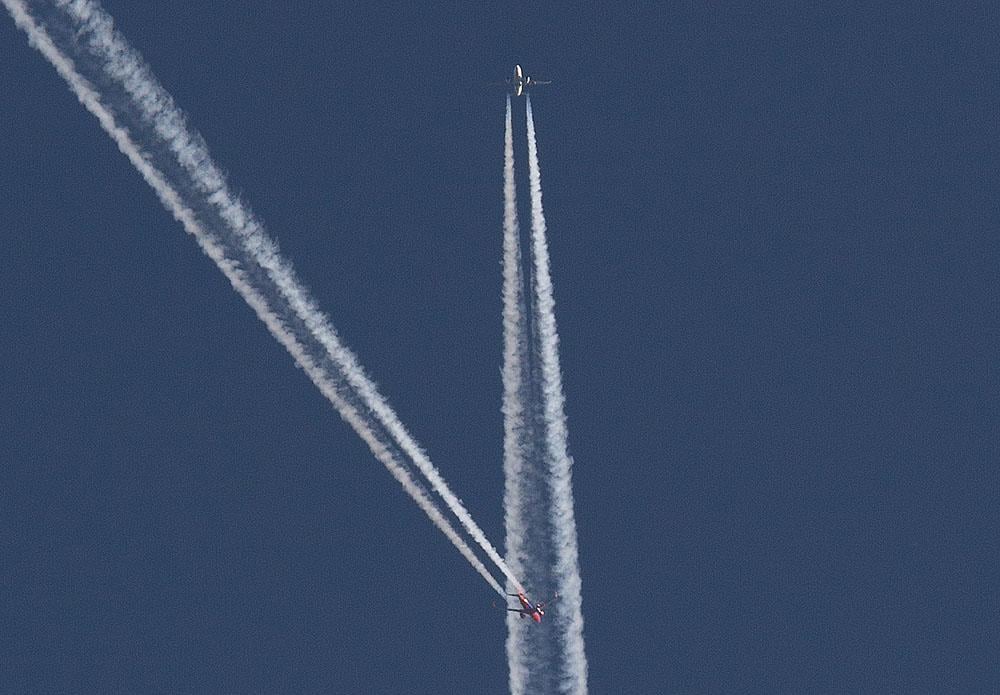
Credit: Joe Pries
In light of impending new European legislation covering emissions trading, renewable energy targets and CO2 limits, aviation industry players have demanded lawmakers set ambitious sustainable aviation fuel (SAF) targets. They also called for lawmakers to avoid a situation in which aviation is taxed...
Subscription Required
This content requires a subscription to one of the Aviation Week Intelligence Network (AWIN) bundles.
Schedule a demo today to find out how you can access this content and similar content related to your area of the global aviation industry.
Already an AWIN subscriber? Login
Did you know? Aviation Week has won top honors multiple times in the Jesse H. Neal National Business Journalism Awards, the business-to-business media equivalent of the Pulitzer Prizes.

